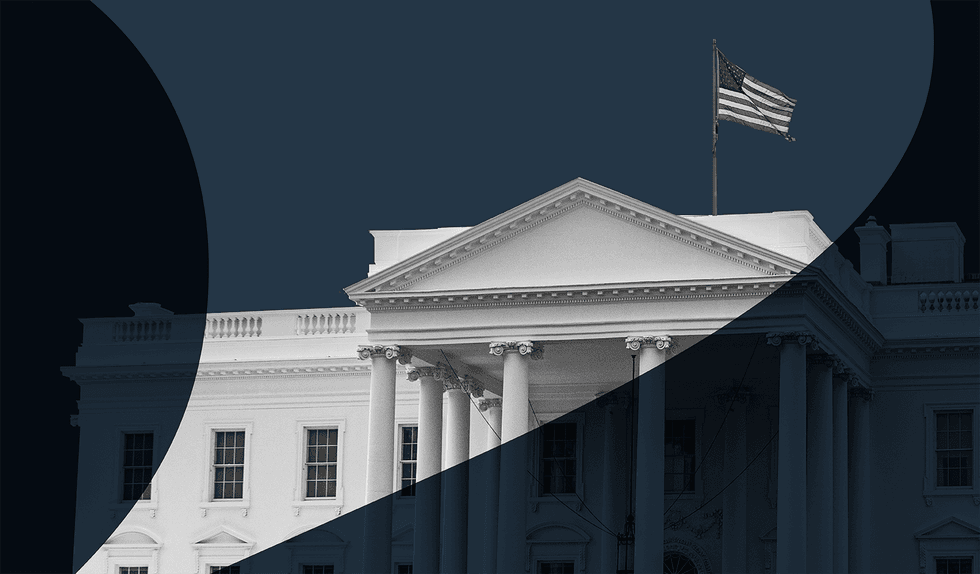February 27, 2025
The White House has unveiled its latest initiative, the 'America First Investment Policy' memo, outlining strategies to attract foreign capital while prioritizing domestic industries. The policy aims to enhance job creation, boost American businesses, and redefine trade relations to favor U.S. economic interests

The Biden administration has released a comprehensive investment policy memo titled the 'America First Investment Policy', which aims to reshape the economic landscape of the United States. With a strong emphasis on attracting foreign direct investment (FDI) while protecting domestic businesses, this policy is expected to have far-reaching implications across various sectors.
The memo lays out several strategic goals:
Enhancing Domestic Manufacturing: Encouraging investments in critical industries such as technology, renewable energy, and semiconductor production.
Foreign Investment Incentives: Streamlining regulations for global investors willing to invest in U.S. infrastructure projects.
Job Creation & Economic Growth: Policies aimed at fostering employment opportunities within the country.
Strengthening Trade Relations: A refined approach to balancing global trade partnerships while maintaining U.S. interests.
Financial analysts predict that the policy could lead to significant shifts in investment patterns, particularly in manufacturing and tech-driven sectors. Wall Street has responded positively to the initial announcement, with indices reflecting optimism about the policy’s potential economic impact.
International investors are evaluating how the new policy aligns with their long-term investment strategies. Countries with strong trade ties to the U.S. are expected to adjust their financial strategies accordingly.
With a focus on boosting domestic semiconductor production and AI development, the tech industry is expected to see a surge in capital flow.
The policy promotes large-scale infrastructure projects, likely benefiting companies in the construction and industrial sectors.
New regulations may pose challenges for global investors but could provide stability to the U.S. economy by reducing dependency on foreign capital.
While the initiative is aimed at fostering growth, critics argue that:
It may create trade tensions with allies and major economic partners.
Small businesses may face difficulties competing with large-scale investments.
The regulatory environment might become complex for foreign investors.
As the 'America First Investment Policy' takes shape, its success will depend on implementation strategies, bipartisan support, and the response from global markets. Analysts will be closely monitoring its impact on economic stability, job creation, and long-term investment flows